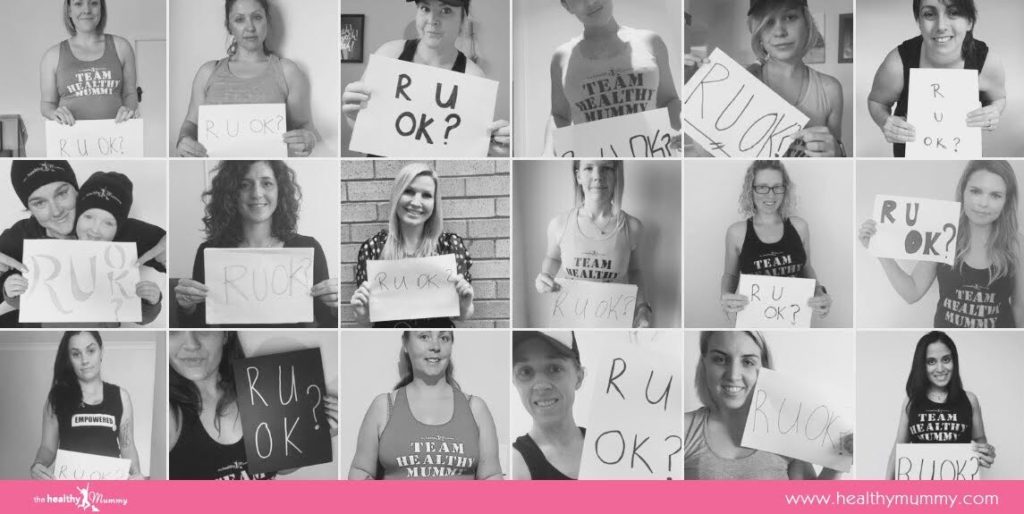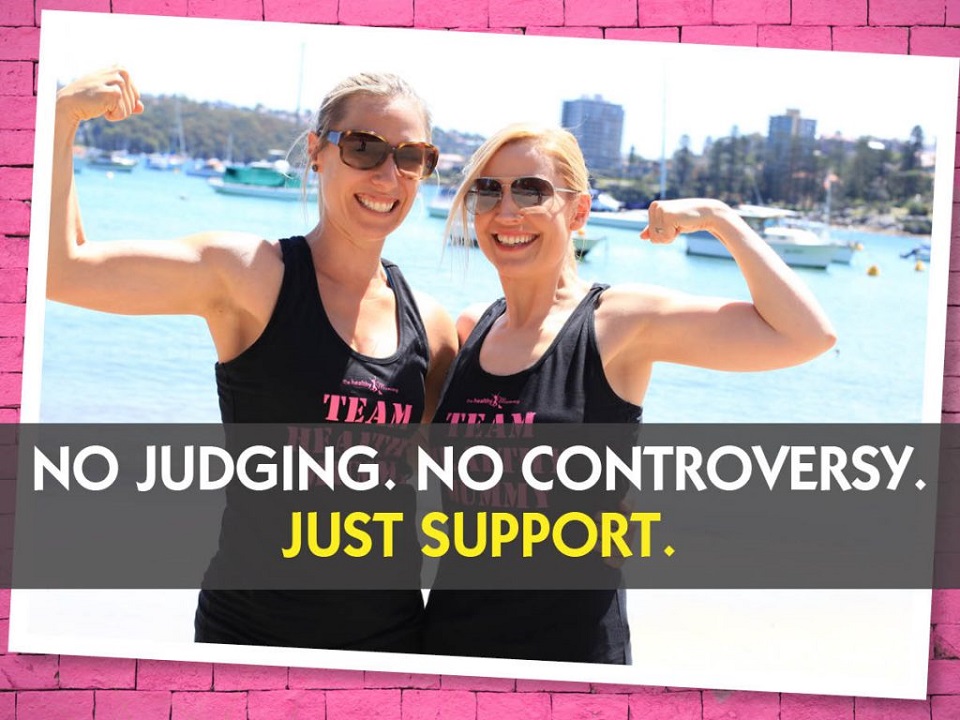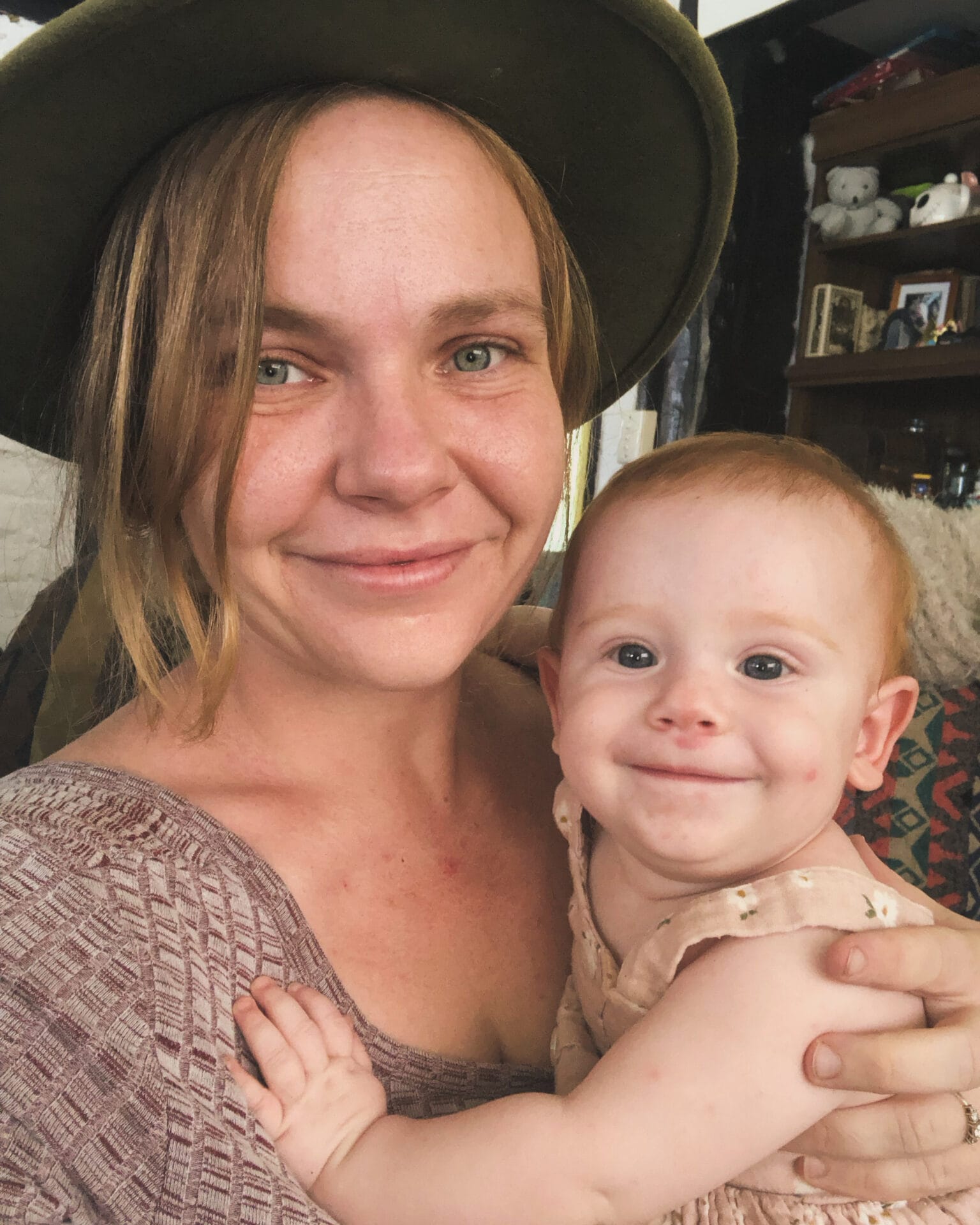Mums, it’s ok to say ‘I’m not ok’
Mums are the support system for so many people but who is there to support the mums? We are urging mums to find support and remember it's ok to not be ok.

When was the last time someone asked you are you ok or do you have support as a mother? It’s ok to find support.
Mental health awareness initiative R U Ok? Day is on 12 September, so we asked our mums about their mental health. Many of the mums either didn’t have or didn’t feel like they had a support system they could turn too for any help. 60% of the more than 1,800 mums survey had spoken to their GP about their mental health or feelings of things not being right this shows that although they don’t put themselves first they do seek help if they feel they need it.
We discovered that our mums are putting themselves last and this lack of self-care is causing the mums to be more stressed by life. Many mums saw their kids, partner and family’s needs as being more important and more of a priority than their own. Some of the responses we received to the question of why they don’t put themselves as their first priority were “it’s just how it is”, “I’m happier when they are”, “I feel guilty if I do something for myself”, “everyone needs me more than I do” and more of the same.
Sound familiar? Chances are you’ve felt overwhelmed since your baby was born but have failed to identify what’s wrong. You’re also tired, stressed, perhaps you work or have other matters to deal with.
The challenging feelings that come with motherhood can then affect other areas of life including the relationship with your partner and friends or physical and mental self-care.
The fact is being a mother some days feels like surviving instead of living. And that’s ok! It’s ok to struggle with parenthood, to feel exhausted, frustrated and want to scream at your kids. The mothers you compare yourself to do it too, it may just be behind closed doors!

Find the support you need
When you feel out of sorts there is help and support for you whether it’s from your partner, a support group, your family and friends or other means.
Your husband/partner: If you have a partner make sure you lean on them for support. Ask them for help, whether it’s cooking dinner or doing the bath and bed routine with the kids. And if they’re tired after work? Communicate so you both get the support you need. Let them know you’re not coping with the responsibilities of looking after the kids and the home and need their help. If it’s for one night or it becomes a habitual act, it’s ok to ask your partner for help.
Shared experience: It could be a playgroup, an exercise group or a mothers group; we, as humans, are more likely to bond over hardship. So talk to other mothers and you’ll find your experience is what the majority go through. This sense of solidarity won’t get your children to behave the way you need them to, but it will help ease those feelings of guilt and anger, which may help you cope day to day.
Call on family & friends: The saying ‘it takes a village to raise a child’ applies just as much in this day and age. Motherhood doesn’t have to be an isolating and lonely journey. It’s ok to call your family members or friends and ask them to babysit the sleeping child so you can do the groceries or get some work done.
MindMum app: Supported by Perinatal Anxiety & Depression Aust (PANDA) organisation, MindMum supports emotional and mental health for mums. it tracks your moods and comes with strategies and information on how to focus on your own needs and mental health.
Available to download for FREE on the iTunes app store and the Google Play store.
MumMoodBooster treatment program: Set up by the Perinatal Depression e-Consortium, this is a brilliant initiative funded by the Australian Government and is completely free to use. It is an online treatment program based on some elements of cognitive behavioural therapy, which attempts to change behaviour by changing thought patterns and therefore changing moods. While a medical diagnosis is not necessary to sign up to this program, it is important to realise this is a supplementary tool that should be used in conjunction with professional help.
Check out MumSpace an online space to support mums with their mental health.
If you feel like you have no interest in anything, you’re sad and teary all the time or you start having thoughts about harming the baby or yourself, it is time to get professional help. See your GP for a mental health plan or speak to someone by calling PANDA weekdays between 9am-7.30pm on 1300 726 306.
If you feel depressed or are suffering from depression and or anxiety, we advise you to seek help from your GP or call Lifeline 13 11 14, PANDA 1300 726 306 or Beyond Blue 1300 22 46 36.
Join our community of supportive mums!
If you are wanting to get that bit of extra support in your journey to better health come and join our community of over 1.5 million mums.









